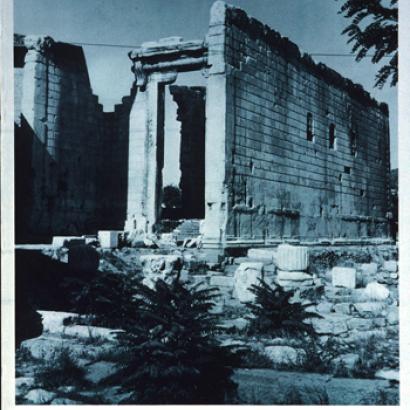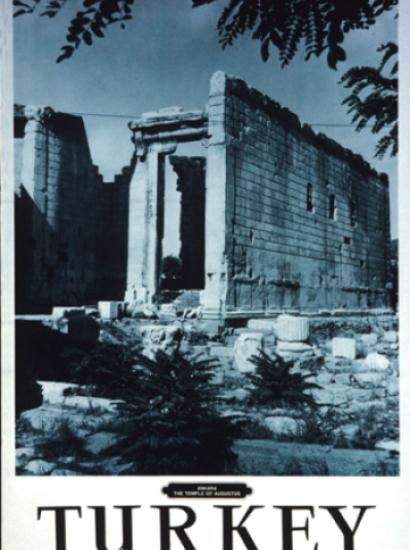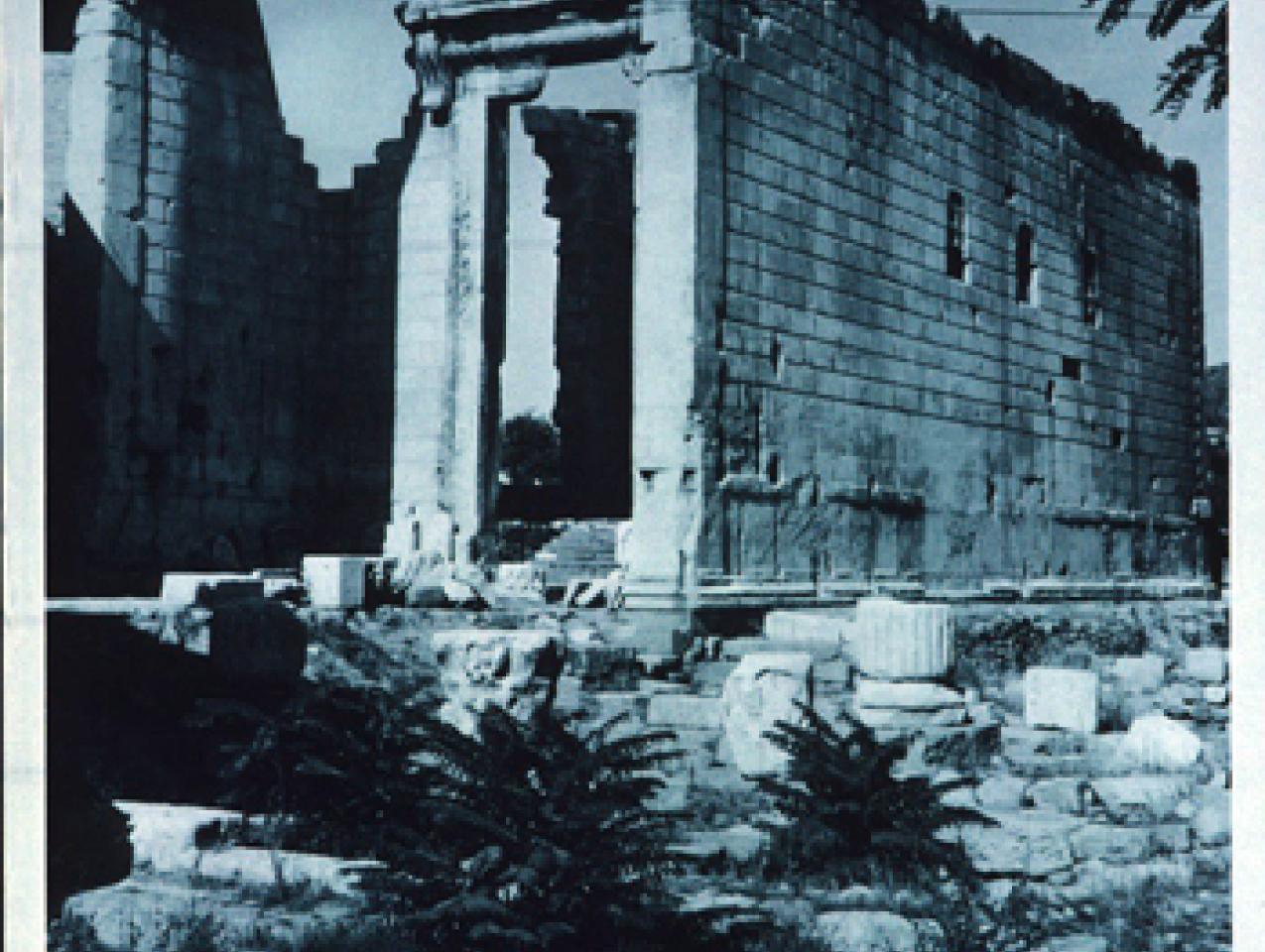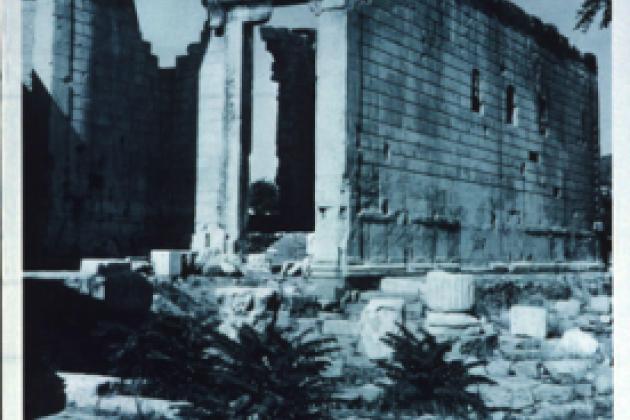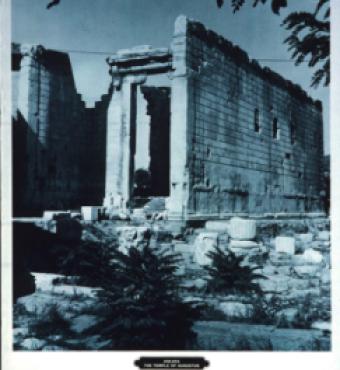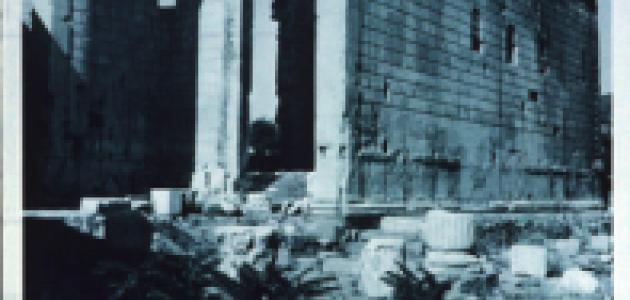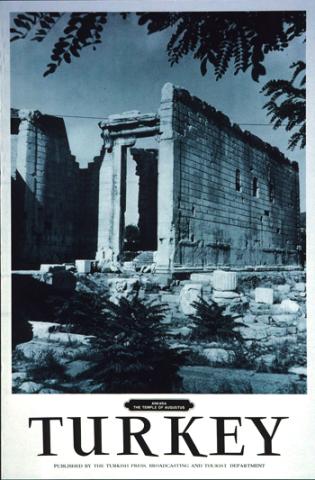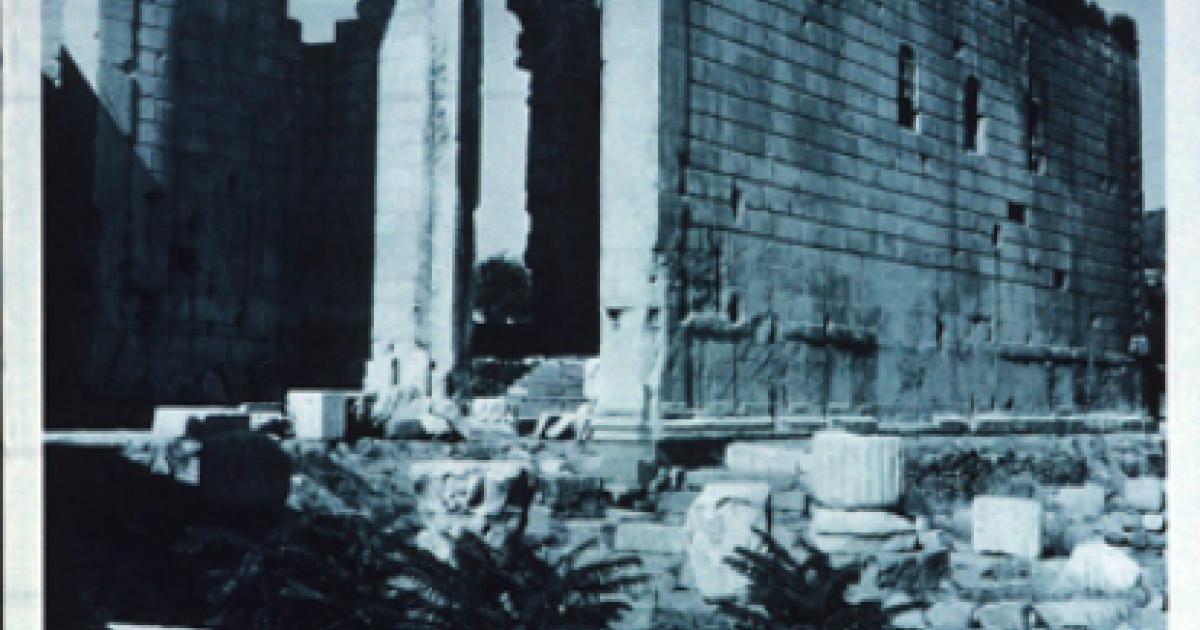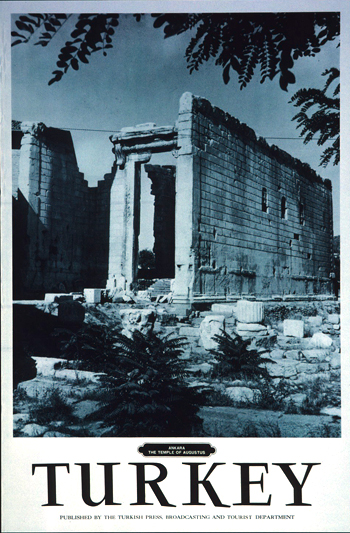
Turkey is in the midst of an era of dramatic change. That matters in a big way for both American foreign policy and the world, because Turkey is of enormous strategic significance. It is a big and important country. With a population of 74 million people, Turkey is larger than Britain or France, and in area it is slightly larger than Texas. The population is industrious and increasingly wealthy.
No less significant, Turkey occupies one of the world’s most strategic locations, between Russia and Iran. Its largest city, Istanbul, literally lies at the crossroads of east and west, with part of the city in Europe and part in Asia. The country is overwhelmingly Muslim but has a long tradition of looking toward Europe. The country sits astride the waterways that connect the Black Sea and the Mediterranean–one of Russia’s historic “windows to the west” lies through Turkey. Although not an oil producer, Turkey lies on a key overland route for the transport of energy from the Middle East to Europe. It borders such key countries as Iran, Iraq, and Syria. Its population has cultural, linguistic and ethnic ties with most of the people of Central Asia. In short, Turkey is essential.
The United States and Turkey have been allies at least since Turkey joined NATO in 1952. Turkey has the second largest army in the alliance. What with Turkish military coups, the issue of Cyprus, and the twists and turns in American foreign policy, the course of the relationship has not always run smooth, particularly not of late. The Justice and Development Party (AKP) has been in power in Turkey since 2002, with Prime Minister Recep Tayyip Erdogan in charge for most of them. With roots in Islamist politics and free market economics, the AKP was elected to bring change to the country and it has succeeded. It has been re-elected twice, each time with a larger share of the vote. The result has been a virtual revolution in Turkey, and foreign policy is no exception, but change begins at home.
Under the AKP, Turkey’s economy has become freer, more attractive to oil-economy investors, and wealthier than ever in its history. Turkey’s constitution has become freer too, but only in some ways.
While the AKP has reined in the military and its coup-making potential, the cost has been the jailing of hundreds of senior officers along with journalists, lawyers, and members of Parliament accused of plotting against the government. The government has also tightened its control of the judiciary. Even so, the AKP has gone far toward meeting the liberalization requirements for membership in the EU. The EU countries have not exactly reciprocated with moves to welcome Turkey with open arms. It is questionable whether Turkey will ever become a full member of the EU.
On the other hand, the AKP has moved away from the secular and pro-western positions of the Republic’s founder, Mustafa Kemal Ataturk, in favor of more religious and Islamic-world-centered positions. Much attention has gone to the position of headscarved women. Formerly unable to attend university, sit in Parliament or hold government jobs, they can now do all three. Erdogan’s supporters, who constitute the vast majority of the population in the Anatolian heartland, tend to be traditional Muslims and so support the anti-secularist measures. Erdogan’s critics say the moves are signs less of democracy than of Islamization.
No matter the government, Turkey would always find matters on which its interests diverge from those of the United States. Indeed, some disagreement would be true of any two allies. For example, the long-standing question of Kurdish minority rights in Turkey and the counter-terrorist war against the Kurdistan Workers’ Party (PKK) strongly shape Turkey’s relations with Iraq, Iran, and Syria, as well as with the autonomous Kurdish region in northern Iraq. The U.S., of course, does not have the same interest in this question. Nor do the Americans look with revanchist longing on northern Iraq, as some Turks do, or worry about the status of the large Turkish-speaking minority in the area.
That being said, Turkey under the Erdogan government has additional areas of dispute with American foreign policy. The reasons have to do with both American behavior and Turkish ideology. Under the Bush administration the U.S. made war on Iraq and Turkey refused to let American troops pass through Turkey into northern Iraq. The Obama administration suffers from the opposite problem, as it is passive and indecisive rather than aggressive. Both administrations, however, have tended to welcome Erdogan as a strong man who has brought economic growth, a measure of liberalization, and political stability to Turkey. The American government has that in common with most Turks. (Not that opposition to Erdogan on the part of many Turks isn’t justified–whatever else he is, the man is no liberal democrat.)
Yet, things are not that simple, because both Erdogan and his Justice and Development Party (AKP) have ideologies that clash with American interests. For one thing, the AKP has Islamist origins–some in the opposition claim that it still has an Islamist secret agenda. For another thing, it’s no secret that the government has vast strategic ambitions. Its agenda has often been called neo-Ottomanist, with a nostalgic look back toward the lost glories of the enormous empire that Turks once ruled.
Foreign Minister Ahmet Davutoglu has called for Turkey to play a leading role not only in the Middle East but also in the Balkans, the Black Sea, the Caucasus, and Central Asia. To some extent, this compensates for the cold shoulder that the European Union has given Turkey’s ambitions for closer relations and eventual membership. At the same time, the two ideologies have led to friction with the U.S. Turkey has walked back its formerly close relations with Israel. As for Egypt, while the United States offers de facto toleration to the military government in Egypt, Turkey opposed the coup and supports the Muslim Brotherhood. Currently, Turkish-Egyptian relations are at a nadir.
They look good, however, compared to Turkish-Syrian relations. Erdogan broke with his former ally, Syrian President Assad, and now strongly advocates military intervention in Syria on the side of the rebels (over strong opposition from most Turks). He leapt to the support of the Obama administration’s decision to intervene militarily, only to be left in the lurch when it changed course. Erdogan was even less happy with the American decision to outsource its policy to Russia.
And so, there is the latest rift. The Americans have expressed their displeasure with Turkey’s recent decision to co-produce a $3 billion missile defense system with a Chinese firm under sanction for violating the Iran, North Korea, and Syria Nonproliferation Act. Turkey chose the China Precision Machinery Import-Export Corporation over America’s Raytheon, which had been favored. It’s an open question whether NATO will agree to integrate its missile-defense system with the new Turkish system.
The last half-year has seen bumps in the road for Erdogan but he remains the dominant figure in Turkish politics. He is arguably the strongest Turkish politician since Ataturk. His proud and sometimes arrogant character wins supporters and engenders opposition. Beginning in May, millions of Turks took part in antigovernment demonstrations beginning in Gezi Park in Istanbul, which the regime eventually put down with tear gas and a show of force on the part of the police.
The Turkish economy has had its ups and downs but it seems to be weathering the storm. Although Turkey’s currency and bonds have both suffered, its stock market is up ten per cent in terms of local currency.
Then there has been a series of what Americans would call social issues. The government narrowed the possibilities of alcohol consumption, thereby both making society more Islamic and weakening the alcohol companies, which tend to support the opposition. Recently Erdogan offended liberals by cracking down on cohabitation in college dorms and offended moderates by closing private college preparatory schools. These schools are part of an independent power base allied with Erdogan and his party, but evidently he figures that it’s worth losing their support in order to centralize power.
Local elections in March 2014 will test Erdogan’s popularity. In August 2014 Turkey will, for the first time, choose its president via direct elections. Erdogan is expected to run. However, he has not succeeded in his attempt to enhance the powers of the presidency via constitutional change, so he is unlikely to end up with the power of, say, Russia’s Vladimir Putin.
The Gezi Park protests rallied opposition to Erdogan. Although his political problems continue to grow, it’s not safe to bet on his losing. The reasons are his shrewd management of the political seams in Turkish society, the continuing strength of the economy overall, and the weakness of the opposition. What is safe to say is that while Turkey and the U.S. will remain allies, friction and disagreement will only increase.







